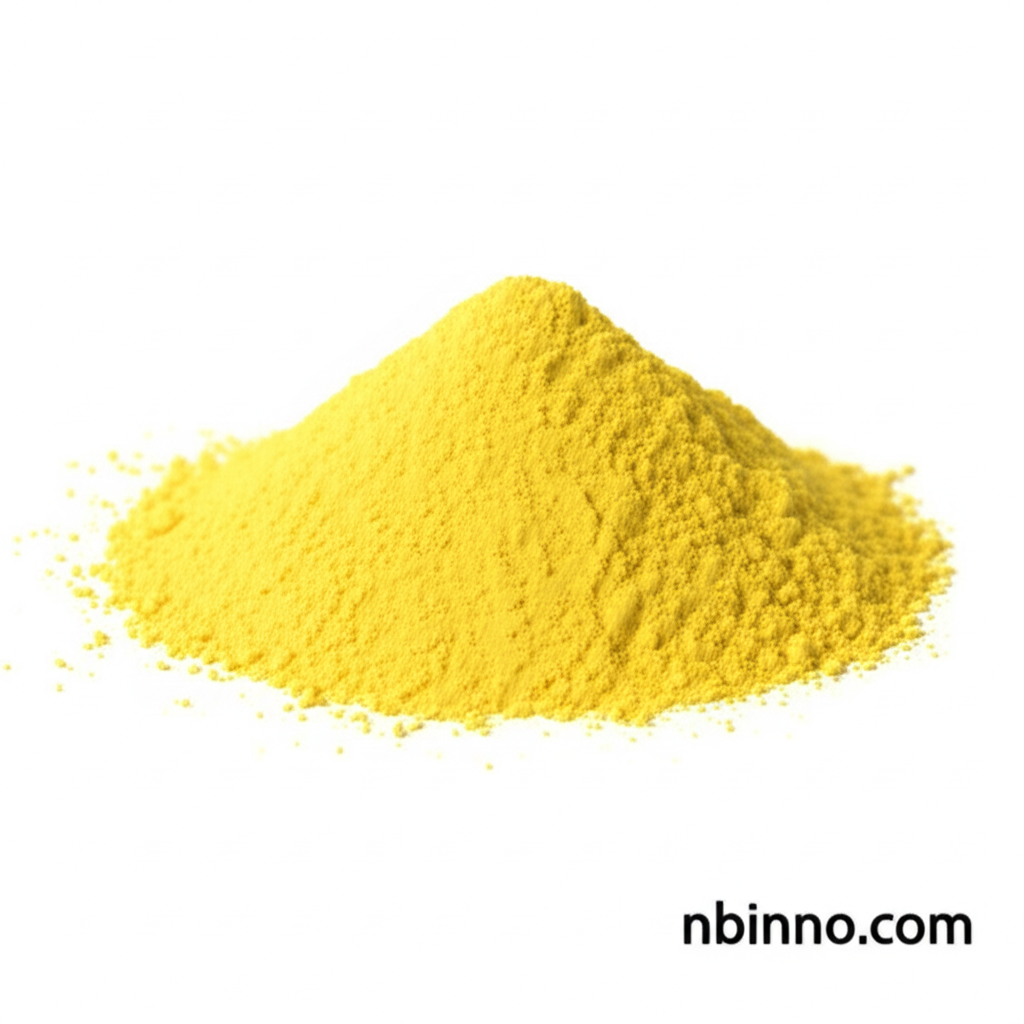Nystatin: A Potent Antifungal Antibiotic for Diverse Applications
Discover the power of Nystatin in combating fungal infections and its critical role in scientific research.
Get a Quote & SampleProduct Core Value

Nystatin
Nystatin is a potent polyene macrolide antibiotic renowned for its efficacy against a broad spectrum of fungal pathogens, particularly Candida species. Its primary mechanism of action involves binding to ergosterol, a critical component of fungal cell membranes, leading to increased permeability and the formation of pores. This disruption ultimately causes leakage of intracellular contents and fungal cell death, making it a cornerstone in the treatment of various fungal infections.
- Leveraging Nystatin's potent antifungal activity against Candida species provides effective treatment for widespread fungal infections.
- Understanding the nystatin mechanism of action, which targets ergosterol in fungal cell membranes, is key to its therapeutic success.
- The nystatin biosynthesis pathway, originating from Streptomyces noursei, highlights its natural origins and complex production.
- Exploring the diverse nystatin formulations allows for tailored treatment of specific fungal infections, from topical creams to oral suspensions.
Key Advantages
Broad-Spectrum Antifungal Efficacy
Nystatin exhibits broad-spectrum antifungal activity, making it highly effective against various yeasts and the common pathogen Candida albicans, addressing a wide range of fungal infections.
Targeted Mechanism of Action
By specifically binding to ergosterol, Nystatin selectively disrupts fungal cell membranes, minimizing impact on mammalian cells and enhancing its safety profile for therapeutic use.
Versatile Application Modes
Available in multiple forms, including topical creams, ointments, oral tablets, and suspensions, Nystatin can be effectively administered for cutaneous, oropharyngeal, esophageal, and vaginal candidiasis.
Key Applications
Medical Treatment of Fungal Infections
Nystatin is extensively used to treat superficial fungal infections, especially those caused by Candida species, including thrush, diaper rash, and vaginal yeast infections.
Cell Culture Maintenance
In laboratories, Nystatin is a valuable reagent for preventing fungal contamination in cell cultures, ensuring the integrity and reliability of research experiments.
Pharmaceutical Research and Development
The study of nystatin's biosynthesis and mechanism of action contributes to the ongoing development of new antifungal agents and treatments for resistant fungal strains.
Electrophysiology Studies
Researchers utilize Nystatin in electrophysiology for specific techniques, such as perforated patch-clamp recordings, to investigate cell membrane properties and ion transport.
